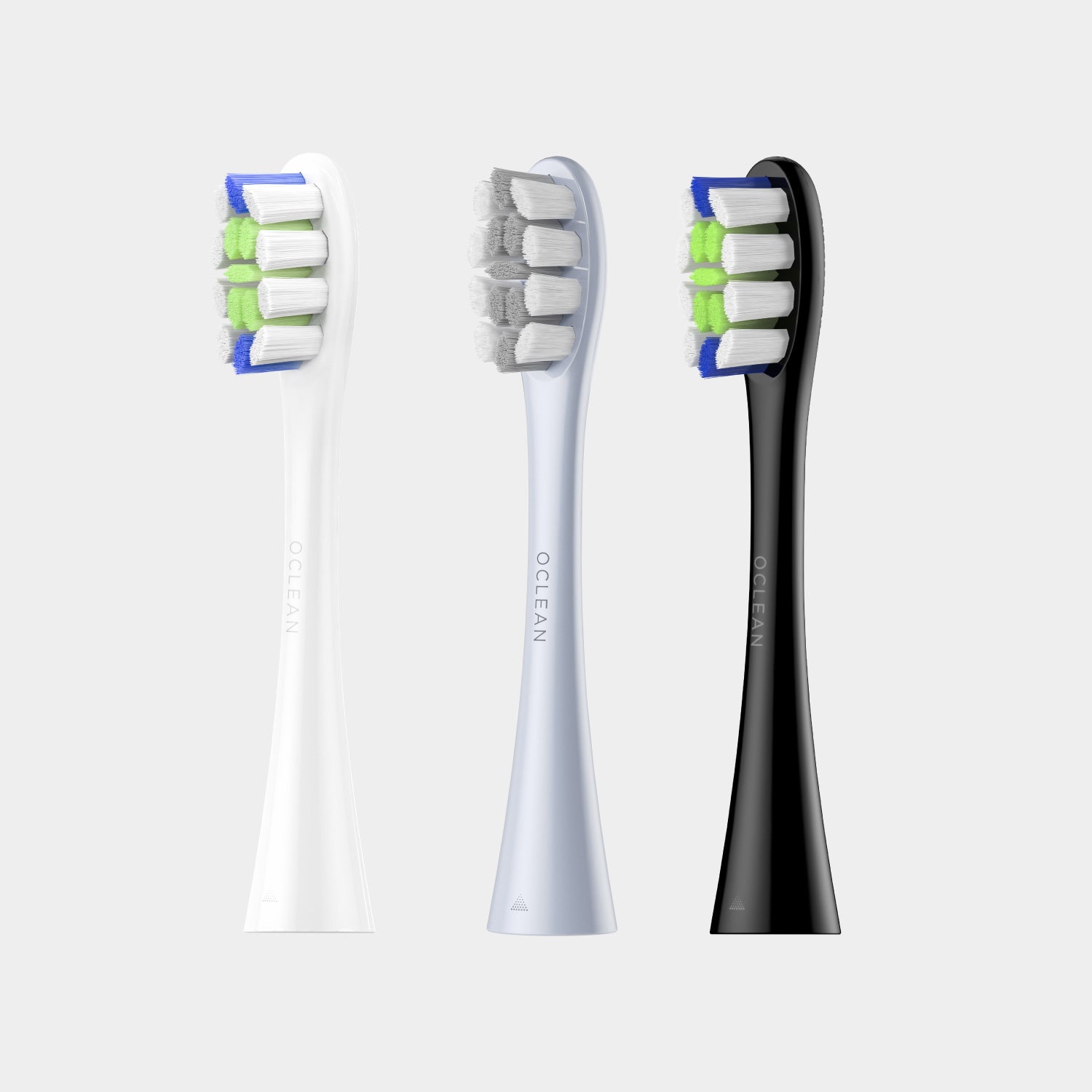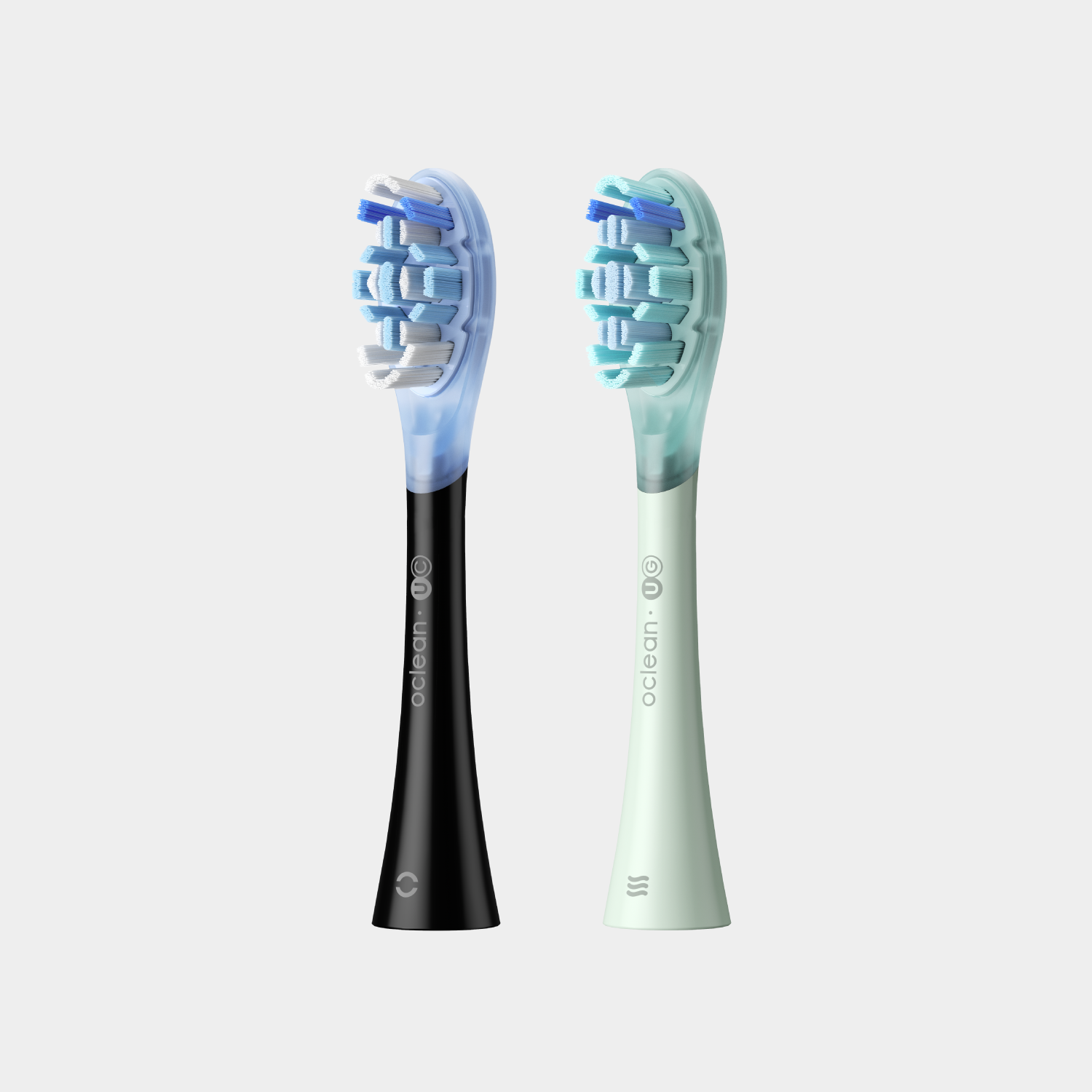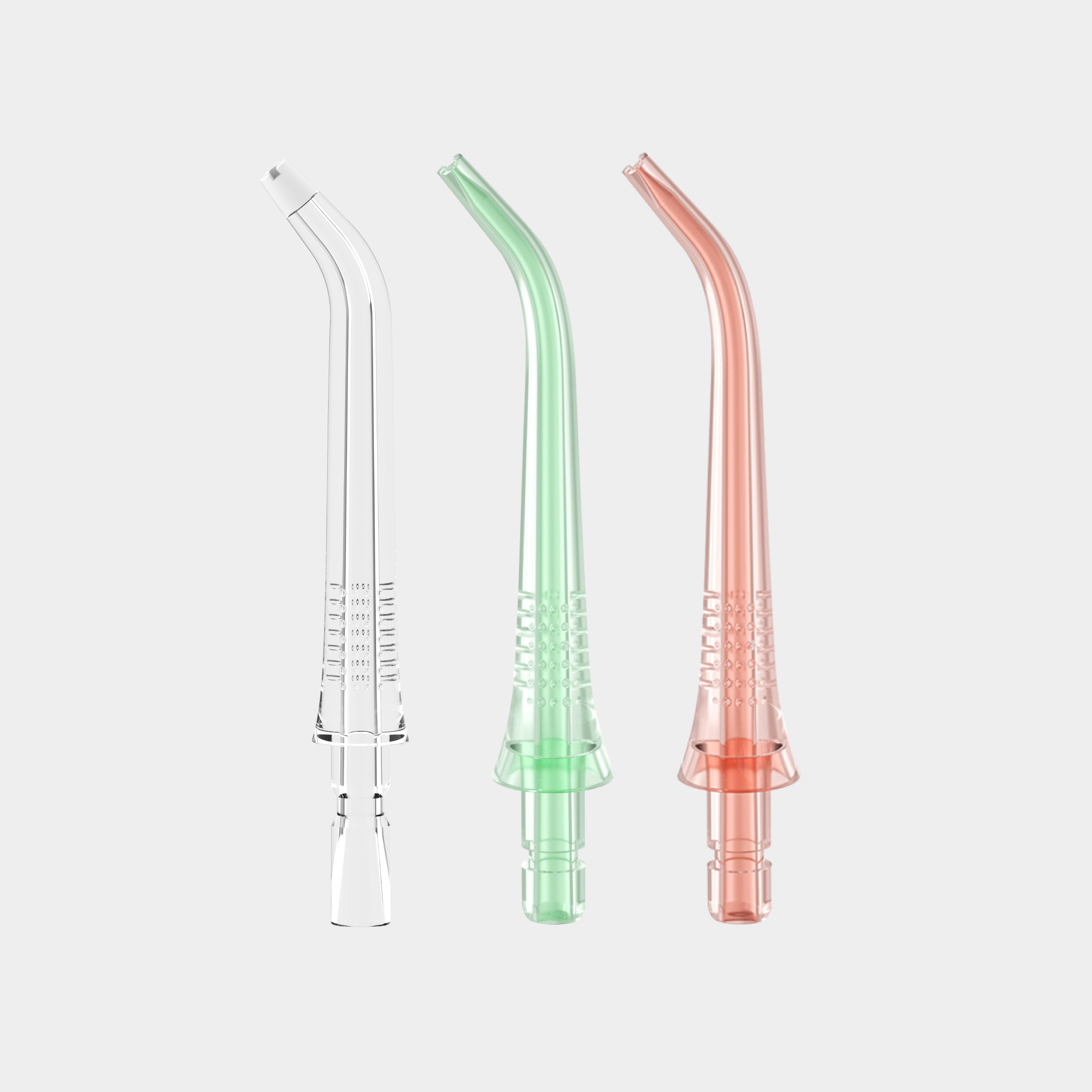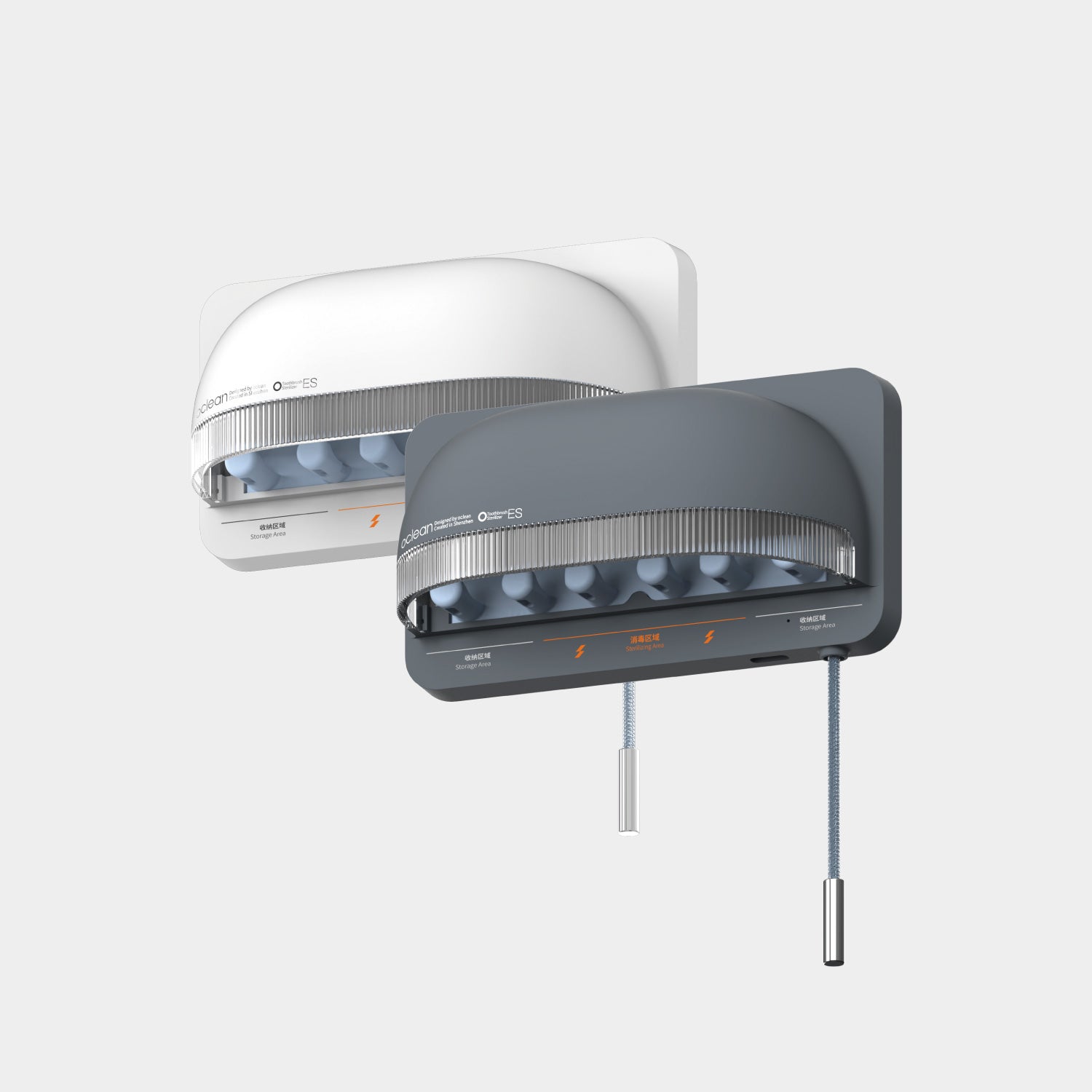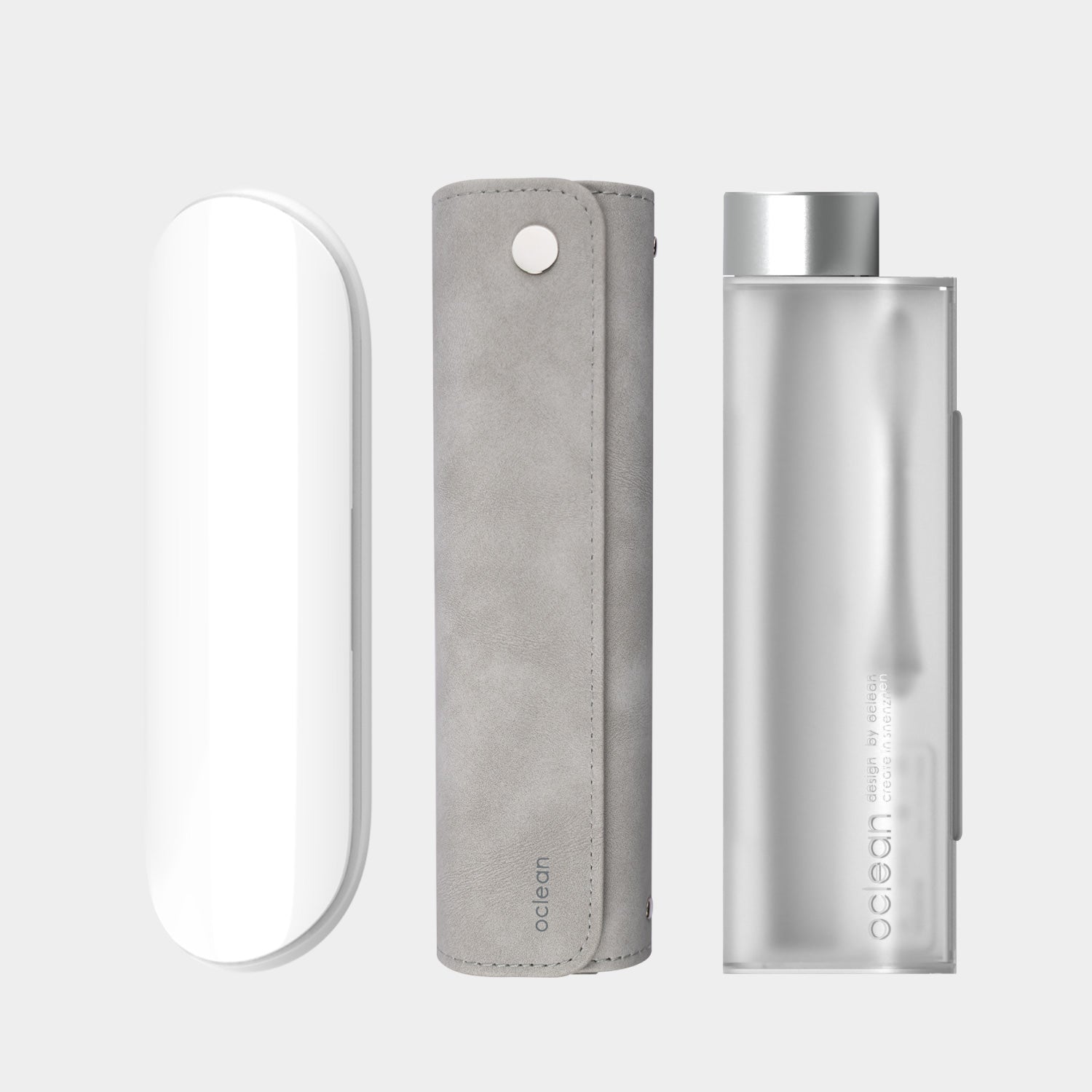Burning and Tingling Sensations after Using a Mouthwash? Here’s why!
The Medical Dictionary has defined mouthwash for the Dental Professions as “Medicated liquid used to clean the oral cavity and treat disorders of the oral mucosa. Also called mouth rinse”.
Using mouthwash twice a day has been recommended by dentists as a useful aid in treating a wide array of disorders, ranging from bad breath to gum inflammation. With various mouthwashes available for different purposes, individuals can easily find an oral rinse that best suits their needs.
Although mouthwashes should ideally target oral health issues, some individuals report experiencing a burning or tingling sensation on their tongue or cheeks while using a mouthwash. So, why does mouthwash burn? Let’s clarify what causes this sensation and what you can do to prevent it.
The Contents of Mouthwash
Mouthwashes have been generally categorized as either therapeutic or cosmetic. The ingredients of oral rinses vary based on which category they fall in and for which purpose they have been formulated. For example, a mouthwash that targets bad breath will contain Cetylpyridinium chloride. Chlorhexidine and essential oils reduce plaque buildup around teeth, and whitening mouthwashes contain hydrogen peroxide as an active ingredient.
Alcohol: The Main Culprit
Alcohol is used as a solvent in many materials available on the market. Most alcohol-based mouthwashes contain 14% to 26.9% alcohol, which is a high figure compared to the mere 3% to 7% in beer and 12% in wine.
Many individuals report burning sensations after using an alcohol-based mouthwash due to sterilizing and antiseptic properties of alcohol. Some studies have also found a link between alcohol and possibly developing oral cancer.
Alcohol also additionally causes a drying sensation in the oral cavity. A dry mouth is annoying and can attract bacteria and cause bad breath. A dry oral mucosa is also susceptible to breakdown, leading to irritation and ulceration.
Therefore, if you wonder, “Why does mouthwash burn my tongue?” it might be helpful to switch to an alcohol-free mouthwash that will avoid irritation to the sensitive taste buds on your tongue.
Other Contents That Can Cause a Burning Sensation
If your mouthwash is alcohol-free, your oral mucosa may be sensitive to other ingredients in the oral rinse. Some individuals report an allergy to chlorhexidine and essential oils. These ingredients are crucial components in oral rinses that aim to reduce plaque accumulation and bacterial load in the mouth. Menthol is another ingredient known for its minty, cooling, and tingling effect.
Over-using Mouthwashes: Another Potential Cause
Another reason your mouthwash causes your tongue and cheeks to burn might be because you use it too much. Because mouthwashes contain strong, active ingredients, over-using them irritates the oral mucosa. Frequently irritating your oral mucosa can also potentially lead to mouth ulcers.
The Solution: Do you really need to use a mouthwash?
Interestingly enough, incorporating a mouthwash into your oral hygiene maintenance routine may not be as necessary as we once thought. As stated previously, mouthwashes are used for a variety of purposes. These disorders can also be effectively treated by the proper use of an electric toothbrush or water flosser.
The American Dental Association states, “While not a replacement for daily brushing and flossing, use of mouth rinse (also called mouthwash) may be a helpful addition to the daily oral hygiene routine for some people.”
Hence, mouthwashes may act as a helpful add-on in your oral hygiene regime but cannot replace tooth brushing. Many individuals derived benefits from rinses because these formulations could reach areas inaccessible by the ordinary toothbrush. The introduction of sonic electric toothbrush solved this problem.
The Bottom-line
Many individuals resort to the use of mouthwashes for different reasons. Although the benefits of oral rinses have been documented, they should not be considered a substitute for brushing or flossing. Reducing plaque levels with mouthwash can also be more effectively done by using an excellent sonic toothbrush. Oclean has a range of smart toothbrushes.
So if you have ever wondered why your mouthwash burns, it would be assuring to learn that experiencing this inconvenience is not necessary, simply continue taking care of your teeth and oral health with conventional aids, the handy toothbrush, and floss.
*Cover image from Freepik, we will delete it if constitutes infringement *
Related Readings:
Can You Bring an Electric Toothbrush on a Plane
How Many Calories Are in Toothpaste
What Happens if You Swallow Toothpaste
Are Charcoal Toothbrushes Safe



















































